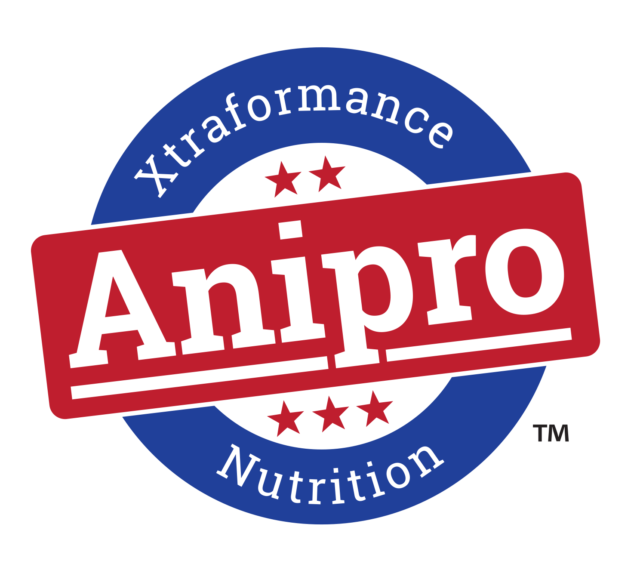According to a press release, Green Plains will supply cattle to Cargill through a new multiyear agreement, and the approximately 90 people currently employed at Cargill’s Colorado and Kansas feedyards will be offered positions with Green Plains. The beef cattle from the feedyards in Kansas and Colorado will still be shipped to Cargill’s beef processing facilities in Fort Morgan, Colorado, and Dodge City, Kansas.
Ted Schroeder, ag economics specialist at Kansas State University, says Cargill’s step back from vertical integration in its beef processing segment is interesting, though understandable.
“Oftentimes, we see vertical integration go the other way in our ag industries, in particular in the meat industry, where having some sort of vertical ownership has been seen as a desirable thing from the perspective of the integrator because they have more ability to make more quick changes in response to the market environment,” he says.
Schroeder says Cargill’s business model will most likely change from the vertical integration model it had before, to focus on careful coordination to continue its supply of high-quality beef. “They would need to, as an initial stakeholder, be spending more time on saying ‘OK, how are we going to make sure we get the kind of supply response we need for certain attributes?’ Especially in the case that they are continuing to develop and have a very large brand presence,” Schroeder says.
“If they didn’t have much of a brand presence, it’s not as big a deal, but given that they have tried to strive for that as a major part of their business, it tells me they’re going to have to figure out ways to coordinate rather than integrate, so it’s a substitution of those activities.”
According to Cargill’s press release, John Keating, president of Cargill’s Wichita-based protein business operations and supply chain, said selling the last two feedyards will “[allow] us to redeploy working capital away from cattle feeding operations to other investments.”
Schroeder says that means funneling money from animal raising and development to the other segments of the company. “It greatly reduces the capital that they have invested in production, and they can use that capital for further delving into and investing in product development, market development and further advancing their product space,” he says. “They’ll have quite a bit of capital there that they can do that with.”
Cargill also announced approximately $560 million in acquisitions and capital investments to grow its North American protein business over the past two years. “We have great positive growth momentum and are confident it will continue to accelerate as we continue to help our customers’ and suppliers’ businesses, communities and colleagues thrive,” Keating said.
The feedyard sale will be finalized pending a definitive agreement between Cargill and Green Plains and completion of a regulatory review. ![]()

-
Carrie Veselka
- Associate Editor
- Progressive Cattleman
- Email Carrie Veselka









